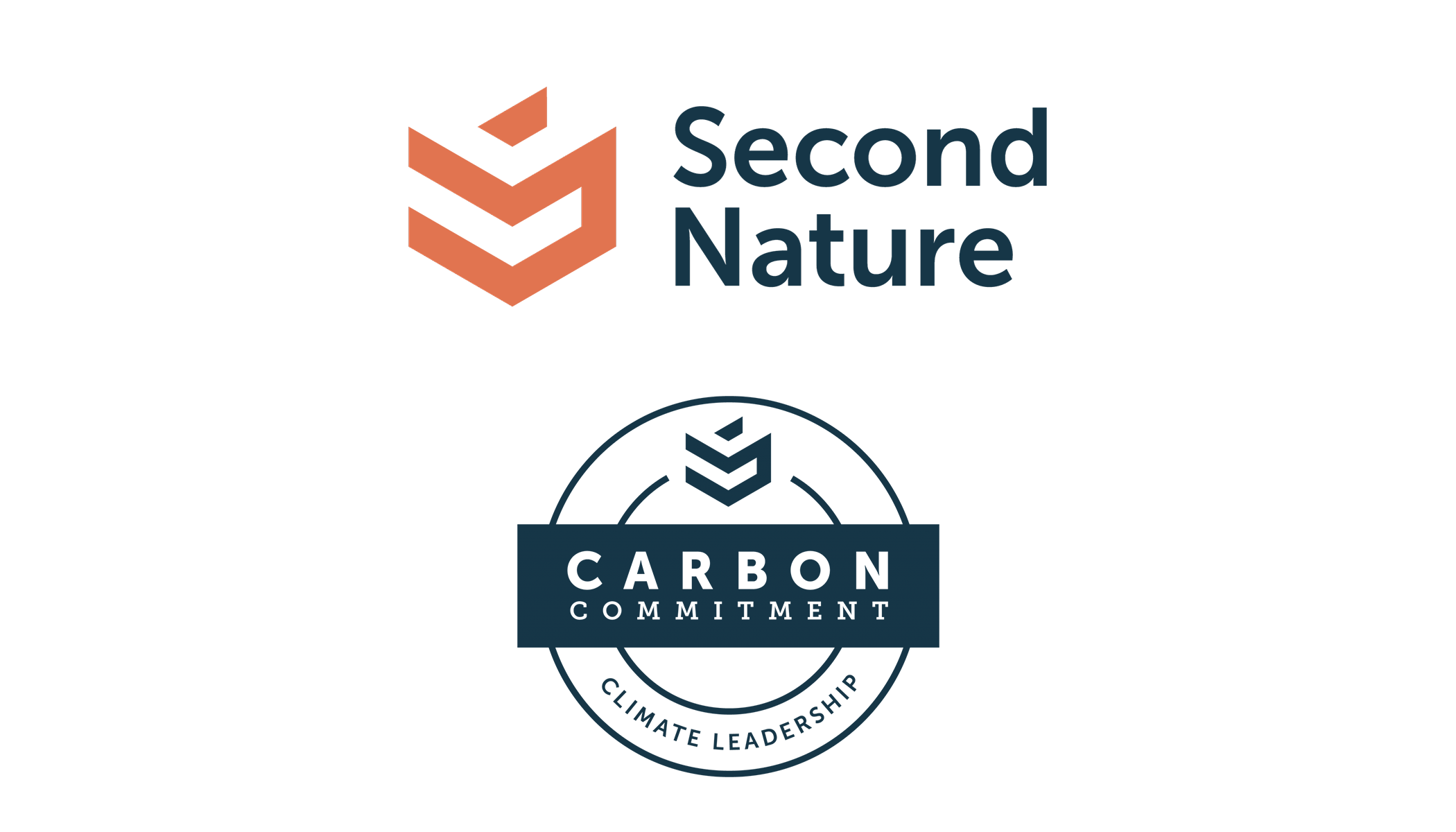NJIT Pursues a Sustainable Campus, Signs Carbon Commitment

On behalf of New Jersey Institute of Technology, President Joel S. Bloom has pledged the pursuit of a carbon neutral campus and a reduction of greenhouse gas emissions by joining a coalition of college and university presidents to sign a carbon commitment.
Signed April 6, 2022, Second Nature’s Climate Leadership Network provides resources, networking and national engagement opportunities for signatory institutions. Represented in nearly all fifty states, signed institutions have made a formal commitment to take direct action on climate change and prepare students through research and education.
“NJIT’s leadership in sustainability is seen through its actions, academically and operationally,” said President Bloom. “Our commitment to sustainability is reflected in our teaching, research and actions. Being at the forefront of this challenge is an important part of our strategic plan and our future.”
NJIT’s strategic plan prioritizes sustainability as a core value, ensuring that every action in support of the university’s vision considers the effect on our environment. It is also an institutional learning goal to make sure students graduate as global citizens.
“This effort is an important part of moving the entire university community forward towards a sustainable future,” said Andrew Christ, senior vice president for Real Estate Development and Capital Operations. “We will both set an example and provide tangible and actionable solutions for our community to become stewards of sustainability.”
NJIT has also been ranked No. 96 among institutions globally in the 2022 Times Higher Education Impact Rankings that recognize institutions working to address global issues highlighted by the United Nations’ Sustainable Development Goals (SDGs). NJIT’s rise in this ranking reflects the university’s commitment to leveraging its STEM focus in support of sustainability.

The Carbon Commitment outlines a process to achieve carbon neutrality: it fosters the creation of an institutional structure to guide the development and implementation of a plan; it sets a timeline for creating a baseline emissions inventory; and it helps identify short- and long-term action items to achieve neutrality. An important aspect of the commitment is an annual report that provides updates and reports progress.
Second Nature is committed to accelerating climate action in, and through, higher education. They do this by mobilizing a diverse array of higher education institutions to act on bold climate commitments, to scale campus climate initiatives, and to create innovative climate solutions. Second Nature aligns, amplifies, and bridges the sector’s efforts with other global leaders to advance urgent climate priorities.